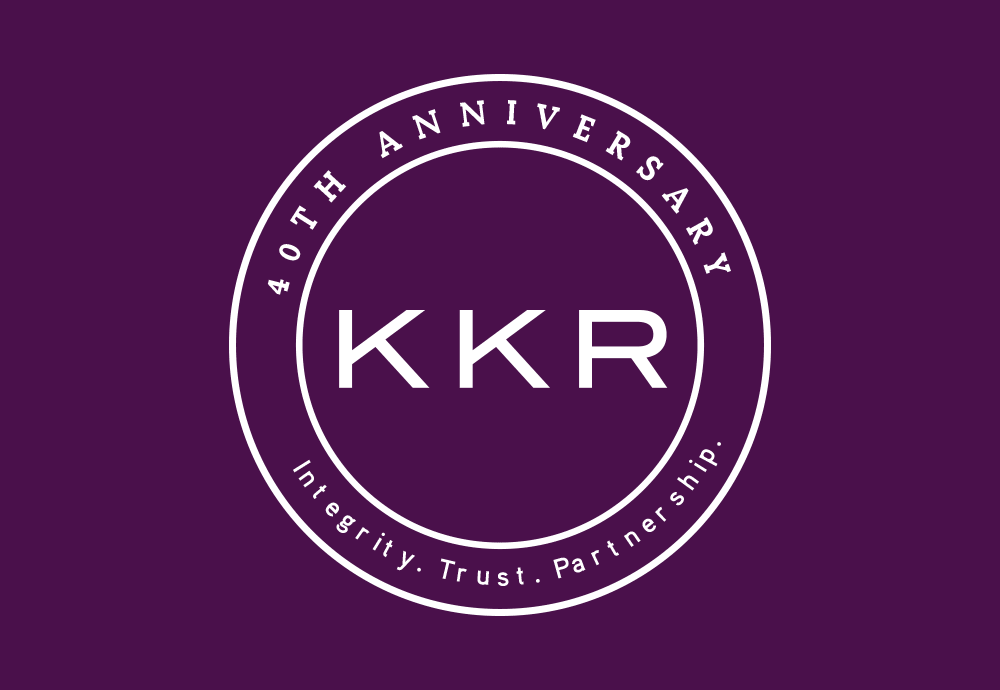Related Articles
Trump–Starmer Trade Pact Eases Tariffs on UK Autos and Aerospace
On the sidelines of the G7 Summit in Canada, U.S. President Donald Trump and UK Prime Minister Keir Starmer signed a limited trade agreement aimed at reducing specific tariffs between the two economies. The deal, which comes as both nations work toward a broader bilateral trade pact, notably removes U.S. import duties on British aerospace products and reaffirms existing tariff quotas on UK-made automobiles.
KKR Acquires Zenith Energy Amid Strategic Infrastructure Expansion
KKR & Co. Inc. $KKR has finalized the acquisition of Zenith Energy, an Australian provider of autonomous electricity systems, from a consortium comprising Pacific Equity Partners, OPSEU Pension Trust, and Foresight Group Holdings Ltd. $FSG.L. While the transaction value was undisclosed, it follows AUD 1.9 billion (USD 1.2 billion) in debt refinancing, which has positioned Zenith with more than AUD 1 billion in new capital to support future development. This investment will be made through KKR’s Asia Pacific Infrastructure Investors II fund, signaling the firm’s continued expansion into asset-heavy, cash-generating sectors across the region.
Renault Shares Plunge 8% After CEO Luca de Meo’s Exit; Market Eyes Successor
The sudden departure of Luca de Meo as CEO of Renault $RNO.PA has sent shockwaves through financial markets, prompting a sharp drop in the automaker’s stock and igniting speculation about the group’s future leadership and strategic direction. De Meo, credited with spearheading the company’s turnaround efforts under the "Renaulution" plan, will assume the CEO position at Kering $KER.PA, the French luxury conglomerate. His exit marks a pivotal transition point for Renault as it navigates complex challenges in electrification, software-defined vehicles, and geopolitical supply chain risks.







Innovative investment approaches are playing a key role in accelerating growth and expanding capabilities